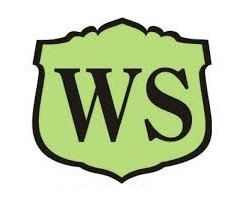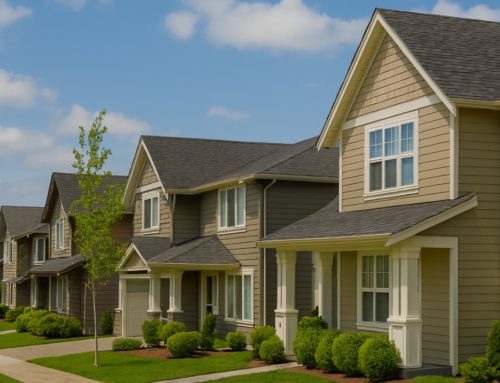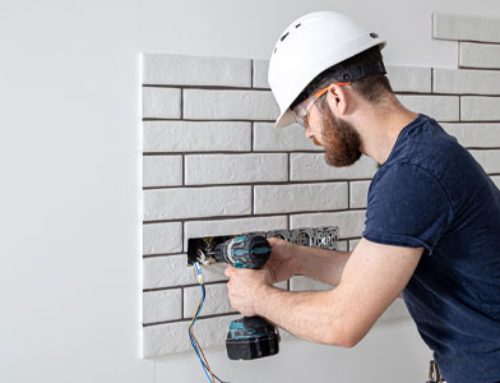Just as it’s optimal for each individual to have their own savings account, a reserve fund acts as the same for homeowners associations. Emergencies are inevitable and they require quick responses which are often directly related to large sums of money. Your HOA’s preparedness for these emergencies with the help of HOA reserve funds maintains the homeowners’ satisfaction in the community. Here is everything you need to know about HOA reserves.
HOA Reserve Funds vs. Operating Funds
It’s important to distinguish two key accounts for HOAs — the operating funds and reserve funds.
Operating Funds
Daily expenditures and continuous upkeep of communal assets are paid for using operating funds. They account for the majority of an HOA’s day-to-day financial transactions.
This includes but is not limited to:
- Payments for property management
- Shared space upkeep
- Security
- Cleaning services
- Legal and office expenditures
- Insurance
Reserve Funds
On the other hand, a reserve fund is utilized as funding for HOA projects that are large-scale projects and upgrades that are planned for the future. It is typically utilized to repair and/or replace common infrastructures like clubhouses and pools.
Reserve funds are often allocated to expenses related to:
- Construction of new playground equipment, local park, large-scale landscaping projects
- Roof replacements and repairs
- Community pool repairs
- Other significant HOA construction and refurbishment
Purpose of HOA Reserve Funds
An HOA’s principal goal is to run, maintain, repair, and replace the community’s common amenities accordingly. Without appropriate operational and reserve money, the board will be unable to do this. Here are several specific instances when HOA reserve funds can be an exceptional asset:
- Fraud or embezzlement — in the case that your HOA, unfortunately, records cases of financial fraud, embezzlement, or theft, you will suffer a large strike to your current finances. You may be required to tap into your reserve money until the case is settled and you can acquire the insurance money for the incident.
- Disasters and emergency repairs — flood, heavy rain, hail, fire, and more are only a handful of disasters that can strike communities. While these issues are also addressed by local governance if it is a mass disaster, it can be a while until sufficient funds are allocated through insurance or other means to kickstart the restoration process. You may simply be faced with a large leak in the roof and need to repair it as soon as possible.
- Planning — HOA reserves do not always have to be allocated to emergency expenses. They can be a component of your long-term planning for the amenities of the HOA. For example, if you plan to install a pool in the community but know the expenses are too high to afford now, you can decide to save up the funds over several years. This can expand to include any long-term maintenance plans you have for the community.
How Much Should my HOA Have in Reserves?
A burning question you may now have is how many reserves should an HOA have? Similar to your savings, there is no one-size-fits-all approach to this question. It is highly reliant on specific factors of individual HOAs. For example, depending on the size of your HOA and the needs associated with the community, you will be able to save the budget to your reserve fund. It is, however, optimal to take a look at how much your HOA can save potentially. This is following another common question about how to calculate HOA reserve funds. There is a dedicated process for this and it is called a reserve study. The premise of a reserve study is to look at the fiscal health of your HOA and spending habits, along with how much is allocated to reserve funds.
Generally, an HOA that has little to no reserve funds is not in a very good state financially. Reserve studies are an excellent approach to determining a long-term financial plan for your HOA to determine what to allocate your reserve fund to in the future and how to start consistently aiming towards it. A reserve study is typically carried out by a third party or HOA property manager. Refer to yours and ask for a reserve study to be carried out around every 3 to 5 years to guarantee efficiency.
After your reserve study, the professional conducting it will provide a reasonable figure regarding how much your reserves should approximately be. As an HOA reserves rule of thumb, it’s best that you at least fulfill 70% of that amount if you are unable to reach it in full. Staying below the 70-100% range will leave your HOA in a vulnerable position when emergency scenarios arise.
Need assistance with your HOA? We cover everything from HOA financial services, to HOA accounting, HOA management, HOA support and administrative, and more. Request a proposal today.





